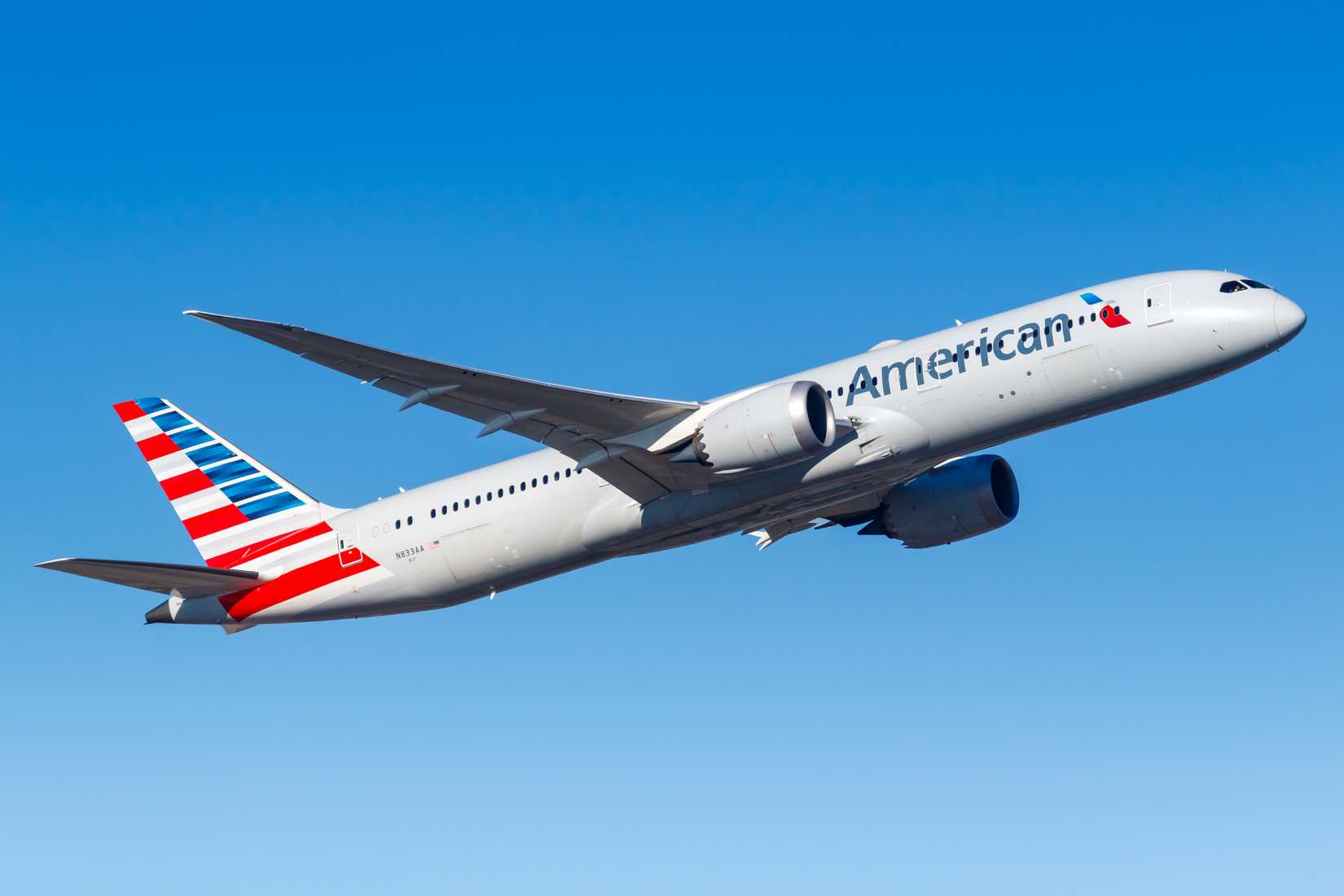![]() American Airlines will be removing metal carry-on bag sizers from airport gates from October 6, 2025, to help the airline streamline boarding. Size rules are not actually going to change, as passengers will still be offered one standard carry-on bag alongside a personal item.
American Airlines will be removing metal carry-on bag sizers from airport gates from October 6, 2025, to help the airline streamline boarding. Size rules are not actually going to change, as passengers will still be offered one standard carry-on bag alongside a personal item.
Gate agents are going to be using discretion rather than forcing bags into sizers at the door. Suitcases will be stored in the lobby and check-in areas, where oversized bags will be flagged by airline personnel. This is a move that follows a similar strategy to ![]() United Airlines, which did so as part of a set of broader boarding tweaks. At the end of the day, this will hopefully lead to fewer at-gate confrontations that delay flights.
United Airlines, which did so as part of a set of broader boarding tweaks. At the end of the day, this will hopefully lead to fewer at-gate confrontations that delay flights.
More About The Move
The change has the principal objective of reducing bottlenecks and confrontations at the aircraft door. American Airlines does want to highlight that its baggage policies are not changing, and that carry-on sizes will not be reduced as a result. New sizers are not coming, at least according to American Airlines.
The shift goes to gate agents, who will no longer have to argue with passengers over the sizes of their particular bags. Last-second fit-checks will no longer be necessary, as, instead, staff at the check-in desk will be required to handle issues with obviously oversized bags. They can thus be checked earlier in the process and significantly lower time on the ground.
From a practical perspective, this lowers the risk of delays and could help the carrier ensure more efficient operations. This mirrors the boarding flow adjustment processes that are currently in the works at multiple other carriers.
The Strategic Purpose Behind The Change
The American Airlines gate-sizer removal is a move that improves the customer experience in multiple key ways. A major chokepoint emerges on most departing flights on the jet bridge, with last-second fit-checks for baggage typically stalling the boarding process for large groups and triggering confrontations. For passengers, this will remove the disgruntlement that could be felt when boarding an aircraft and having luggage rejected due to it needing to fit into an arbitrary sizer.
This move now shifts the baggage-checking process to the gate, which allows for shifting enforcement and check-in procedures. This further reduces gate friction and speeds group flow while also protecting turn times, ultimately cascading into better same-day aircraft utilization and ultimately fewer missed connections, according to View From The Wing. This also lowers agent conflicts, grievance risks, and viral moments that ultimately harm airline reputations.
As the actual baggage size requirements have not changed, American Airlines can retain discretion, and on especially tight flights, agents can still tag oversize bags early on in the process. Borderline bags being allowed to enter the aircraft will eventually raise perceived generosity at the gate. This move complements larger overhead bins on retrofitted aircraft, allowing American to match United’s gate enforcement standards.
How Will This Impact Passengers?
Customers are anticipated to see smoother, faster boarding processes as a result of these changes. This will hopefully improve customer satisfaction as fewer will have unfriendly confrontations at jet bridges. These kinds of interactions have gone viral on social media, and some carriers have faced customer backlash as a result.
Gate agents are no longer going to be forcing bags into metal sizers at each gate, and borderline carry-ons are more likely to be waved through when bin space allows for it. This process now shifts the enforcement stage to the lobby, where oversized bags should be identified very quickly. This, on its own, will help reduce unfriendly surprises at the aircraft door and keep groups moving.
The airline has been quick to highlight that the rules themselves do not actually change, so the boarding order of passengers still matters when it comes to securing overhead space. This eventually causes less stress at the gate and more consistency, delivering a more reliable customer experience to passengers.





